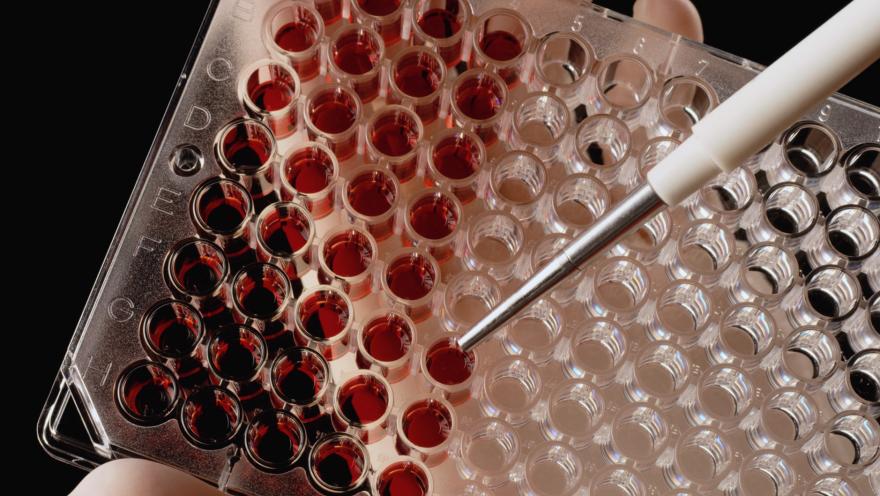Today, leadership from Brainstorm Cell Therapeutics announced results from their recently completed U.S. phase II stem cell study of NurOwn® in patients with ALS through a press release and webinar. Below we provide some detail on this study.
Background:
The Brainstorm stem cell trial is based off of NurOwn, which is a cell therapy platform centered on mesenchymal stem cells derived from bone marrow samples given by the participants in the trial. They are induced to secrete neurotrophic factors (MSC-NTF), which are a type of nutrient for cells that was previously show to have protective effects in animal models of neurodegenerative disease.
Study goals:
The main goal of the study is to evaluate safety and tolerability. Despite the small size of the study, researchers conducted pre-efficacy measurements to preliminarily understand whether NurOwn has a beneficial effect in people living with ALS or not.
The Study:
This is a complementary study to the phase I/II and IIa clinical trial recently completed in Israel and was published in JAMA Neurology in January 2016. It was conducted at three sites in the U.S. including Massachusetts General Hospital under the leadership of Dr. Merit Cudkowicz, University of Massachusetts Medical School under the leadership of Dr. Robert Brown, and the Mayo Clinic under the leadership of Dr. Anthony Windebank.
This phase II study was a randomized, double-blind, placebo-controlled, multi-center study conducted in 48 people living with ALS. Thirty-six patients received NurOwn cells administered via combined intramuscular (into the muscle) and intrathecal (into the spinal cord) injection. Twelve received placebo. Participants were followed monthly for approximately three months before treatment and six months following treatment and were assessed at 2, 4, 8, 12, 16 and 24 weeks.
Safety and tolerability assessments, along with pre-efficacy studies were also included, such as changes in the Amyotrophic Lateral Sclerosis Functional Rating Scale Revised (ALSFRS-R) score, Slow Vital Capacity (SVC) and muscle strength.
Results and Conclusions:
The study achieved its primary objective, demonstrating that NurOwn was safe and well-tolerated. NurOwn also achieved promising preliminary efficacy results, which could potentially translate into a clinically meaningful benefit in the future. However, the study’s design and small participant size does not allow for a full picture of the efficacy in slowing or stopping ALS progression. Next, the company is looking towards a larger, multi-dose, double blind NurOwn trial in Israel and the U.S.
“The data is very encouraging for a well designed phase II study showing safety as well as some preliminary efficacy data providing strong support for a larger study,” stated Dr. Lucie Bruijn, Chief Scientist at The ALS Association.
For more information about the trial, please visit http://ir.brainstorm-cell.com/phoenix.zhtml?c=142287&p=irol-calendar for a link to today’s webinar given by Brainstorm and the lead researchers involved in the trial, along with slides from the webinar. Click here for the press release.


Join the conversation. Please comment below.